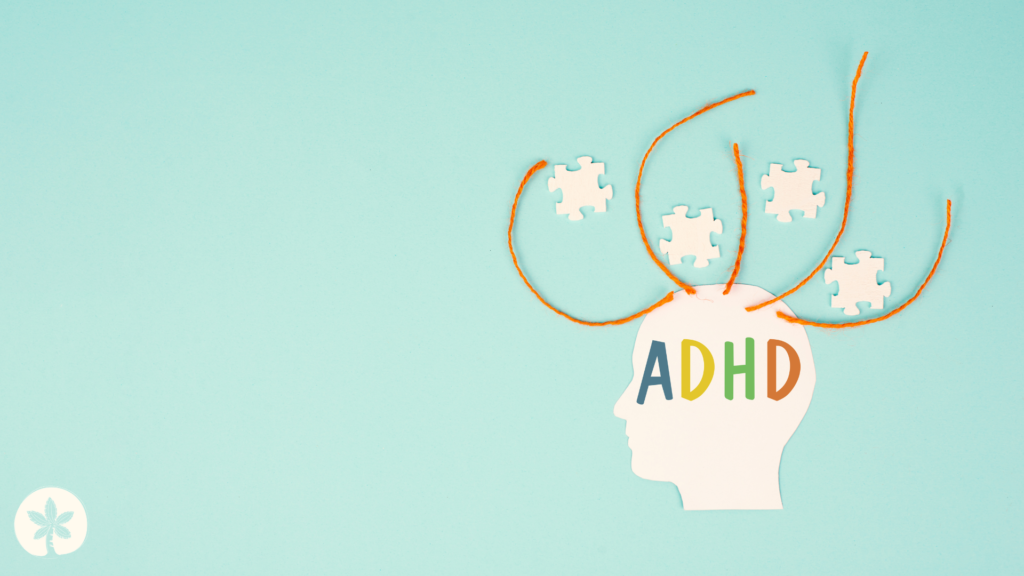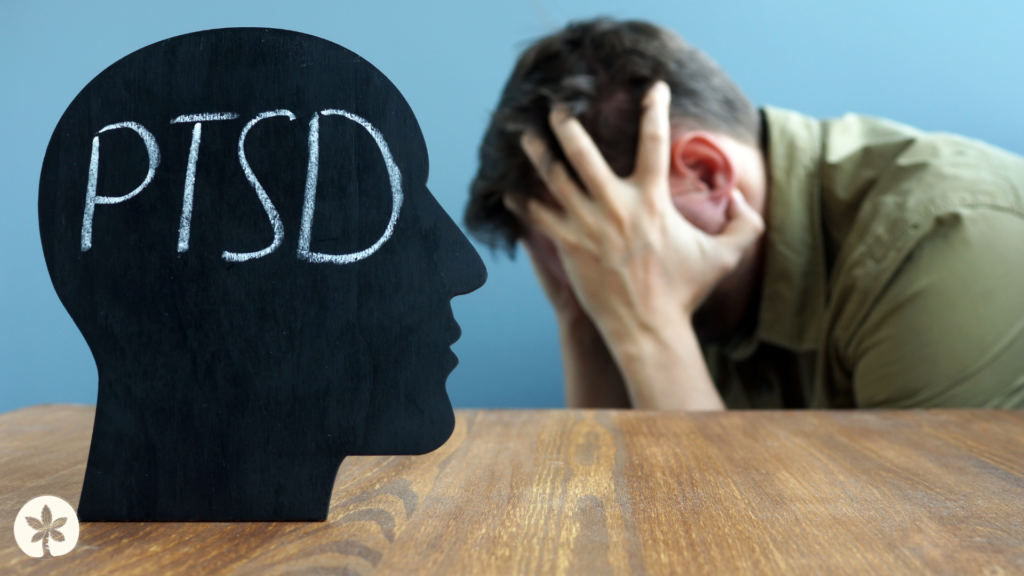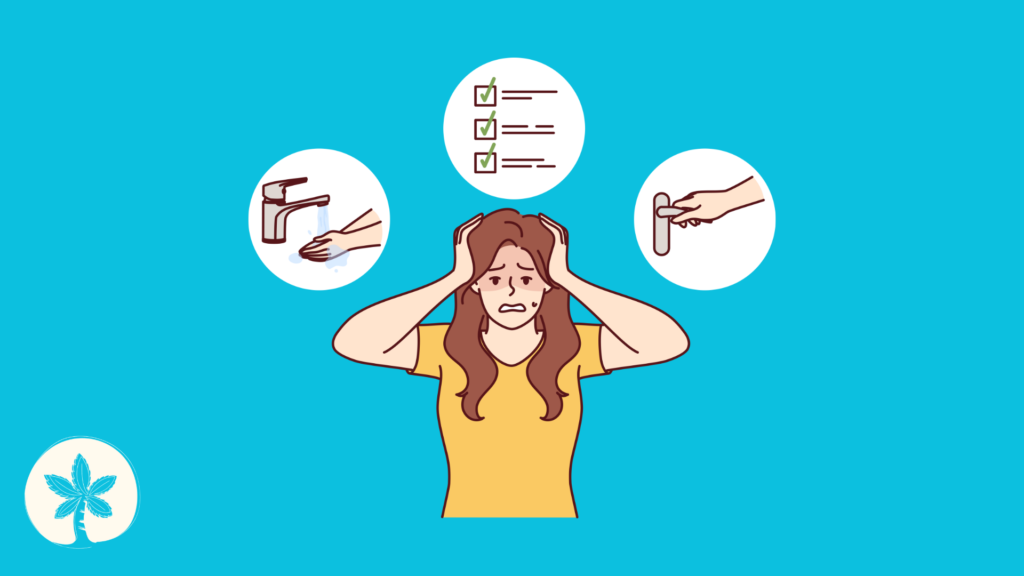The Holiday Blues: Why Depression Often Rises During Thanksgiving and Christmas
For many, the holiday season is a time of joy, gatherings, and celebration. However, for others, Thanksgiving, Christmas, and the surrounding holidays can bring feelings of sadness, stress, and even deep-seated depression. Known as the “holiday blues,” these feelings often stem from a variety of factors that can make this time of year particularly challenging. Depression rates tend to rise as the holiday season approaches, affecting countless individuals who may feel alone in their struggles. At Saname Counseling in McAllen, Texas, we recognize how difficult this time of year can be for those struggling with depression. Our team of compassionate therapists is here to help you navigate the emotional complexities of the holiday season, providing support and tools to manage your mental health. In this article, we’ll explore why depression often rises during the holidays and why seeking therapy during this time can make a world of difference. Understanding the Holiday Blues Depression during the holiday season is a common phenomenon that can affect people of all ages and backgrounds. Known informally as the “holiday blues,” this form of seasonal depression can range from mild feelings of sadness to more severe symptoms of clinical depression. While holiday-related depression doesn’t affect everyone, there are many common triggers that can contribute to an increase in depressive symptoms during this time. Why Do Depression Rates Rise Around the Holidays? There’s no single reason why depression tends to rise during Thanksgiving and Christmas. However, a combination of social, psychological, and environmental factors can make the holiday season particularly difficult for those already prone to depression or anxiety. Here are some of the primary contributors: The holiday season is often portrayed as a time for family gatherings, festive parties, and social connections. But for individuals who live far from family, are estranged from loved ones, or have recently experienced a loss, the holidays can amplify feelings of loneliness. This sense of isolation can lead to deep feelings of sadness, particularly when surrounded by images of others enjoying the season with family and friends. The financial pressures of the holiday season can be overwhelming, particularly for those on a tight budget. Buying gifts, hosting gatherings, and preparing holiday meals can lead to increased expenses, adding stress to an already challenging time. Financial concerns can also impact self-esteem and mental well-being, especially if someone feels unable to meet the expectations associated with the holidays. The holidays can be especially hard for those who have lost a loved one. The absence of a family member or friend during holiday gatherings can bring painful memories to the surface, intensifying feelings of grief and loss. This emotional pain can be compounded when holiday traditions remind individuals of their loved one’s absence, making it difficult to fully engage in festivities. Seasonal Affective Disorder (SAD) is a type of depression that occurs in relation to the change in seasons, usually beginning in the fall and continuing through winter. The reduced daylight hours during this time can affect mood, leading to symptoms such as fatigue, irritability, and sadness. For individuals with SAD, the holiday season coinciding with the darkest time of the year can exacerbate symptoms. Holiday gatherings can sometimes be a source of tension and stress, particularly if family dynamics are complicated. Individuals may feel pressure to live up to idealized expectations, which can lead to feelings of inadequacy, frustration, and disappointment. Old family conflicts or unresolved issues can resurface, making holiday gatherings more stressful than joyful for some. The end of the year naturally brings reflection, and for some, this introspection can lead to feelings of regret, disappointment, or self-doubt. People may feel they haven’t achieved their personal or professional goals, leading to a sense of failure that can deepen feelings of depression. Why Therapy and Counseling Are Essential During the Holiday Season While the holiday blues are common, they don’t have to define your holiday experience. Counseling can be an invaluable resource for those struggling with depression during this time, offering a supportive environment to explore feelings, develop coping strategies, and find meaning and joy in the season. Here’s why seeking therapy during the holidays can make a significant difference: 1. Processing Grief and Loss For those grieving the loss of a loved one, the holidays can be particularly painful. Therapy provides a safe space to process grief, honor the memory of loved ones, and work through the complex emotions associated with loss. A counselor can help individuals navigate their grief, offering coping strategies and rituals to remember their loved one while finding peace during the holiday season. 2. Managing Financial and Social Stress Therapists can help individuals manage the stress associated with financial pressures and social obligations. Through counseling, individuals can explore ways to set boundaries, prioritize self-care, and approach the holidays in a way that aligns with their values and resources. Counselors can also provide tools to help people communicate their needs and concerns with loved ones, reducing feelings of financial strain and social anxiety. 3. Coping with Seasonal Affective Disorder (SAD) For those experiencing symptoms of Seasonal Affective Disorder, counseling can be highly beneficial. Therapists can introduce techniques to combat SAD, such as light therapy, exercise routines, and cognitive-behavioral strategies to manage negative thoughts. By addressing SAD early, individuals can reduce the impact of seasonal depression and create a plan to maintain their mental health during the winter months. 4. Setting Realistic Expectations Therapists can help individuals set realistic expectations for the holiday season, focusing on what truly matters to them rather than societal or family pressures. Counseling encourages self-compassion and offers a reminder that it’s okay to celebrate the holidays in a way that feels authentic and manageable. This process can alleviate feelings of inadequacy and help people find joy in simpler, more meaningful holiday experiences. 5. Strengthening Family Dynamics and Relationships For individuals facing family stress, counseling offers tools to navigate complex family dynamics and improve communication. By learning conflict-resolution skills and exploring emotional triggers, individuals can approach family gatherings with more confidence and
The Holiday Blues: Why Depression Often Rises During Thanksgiving and Christmas Read More »









